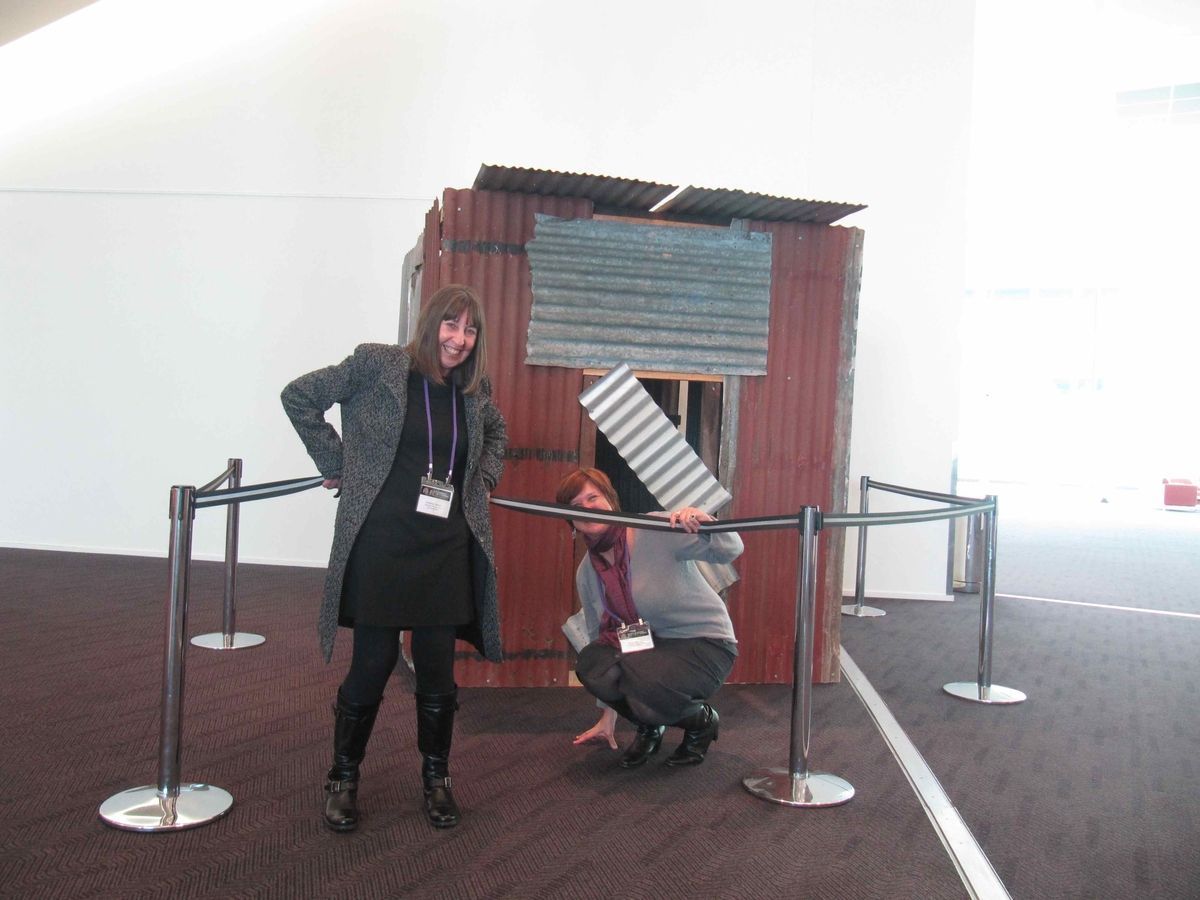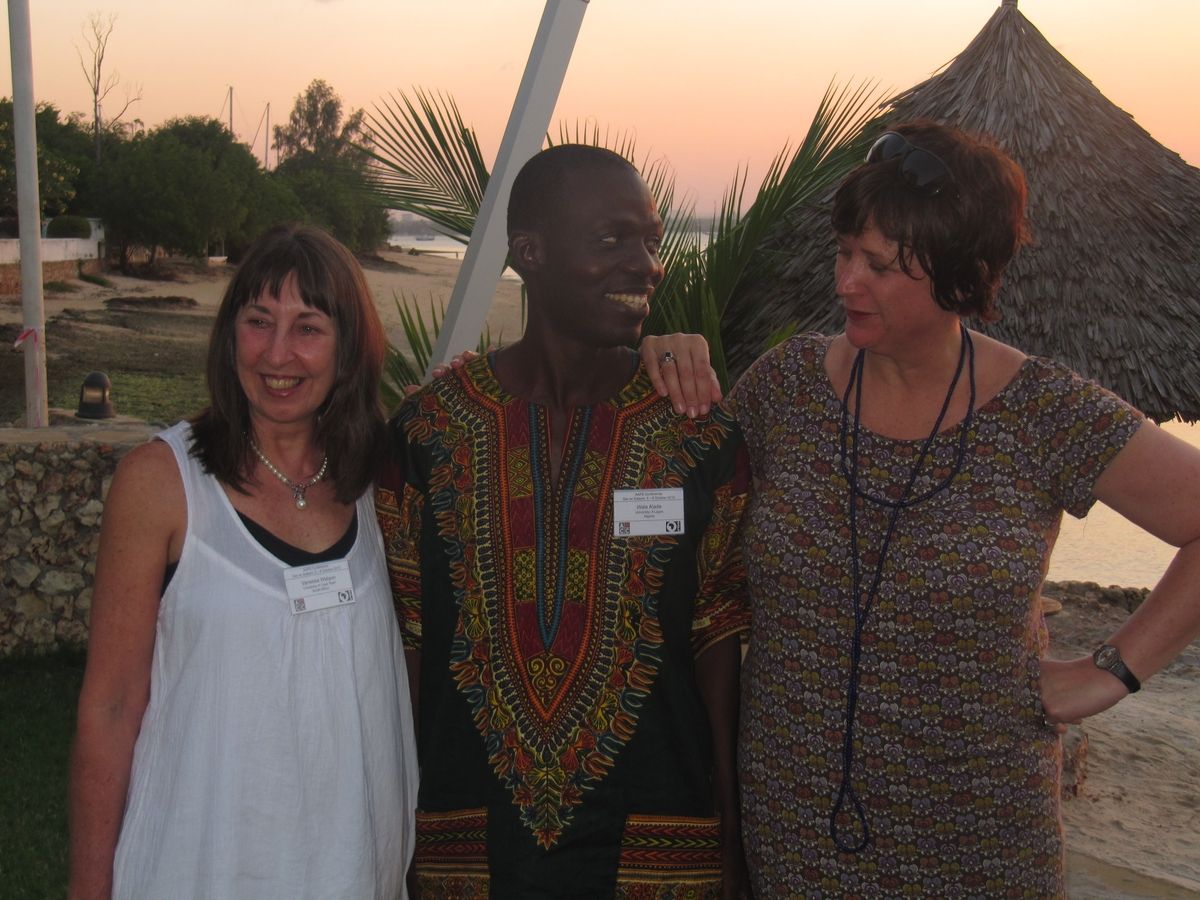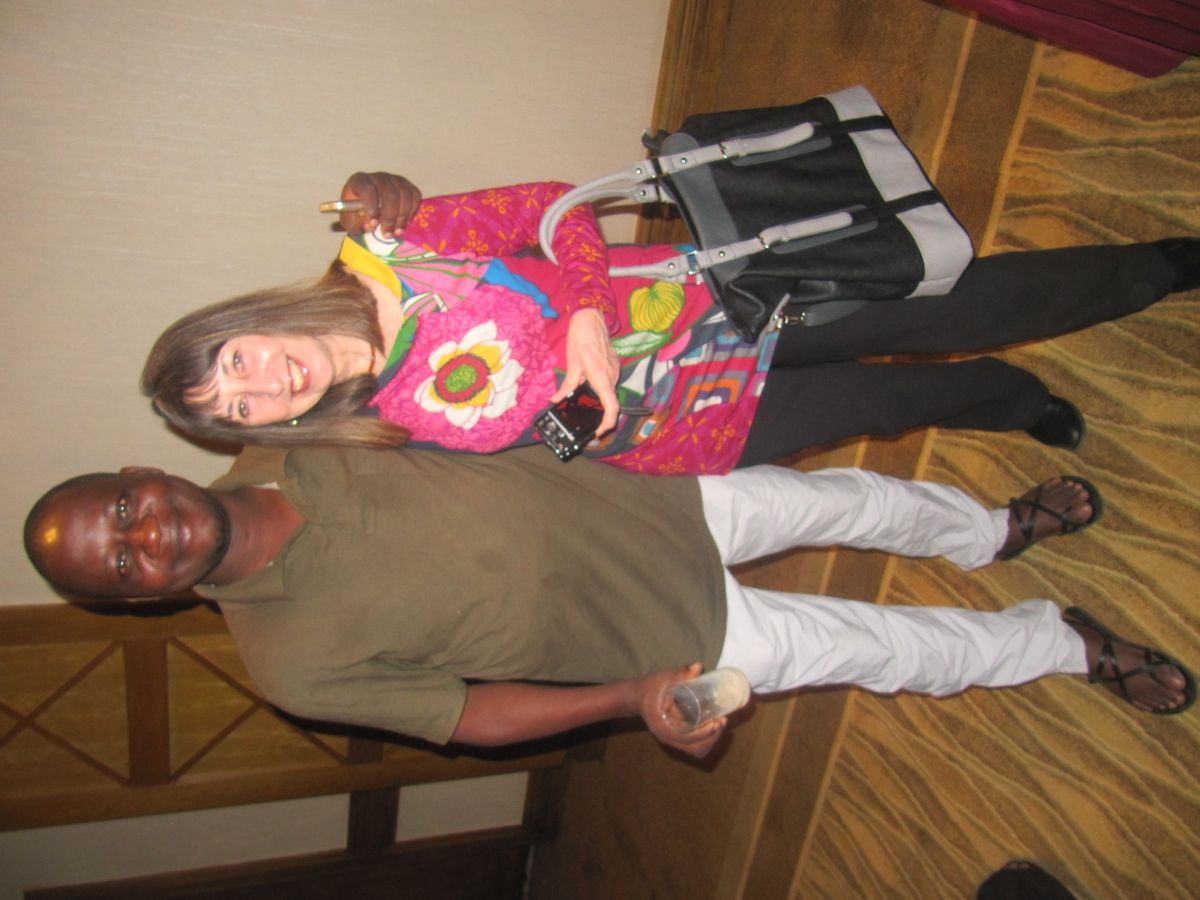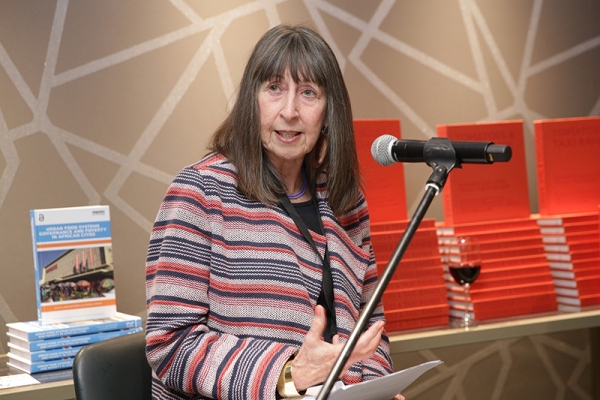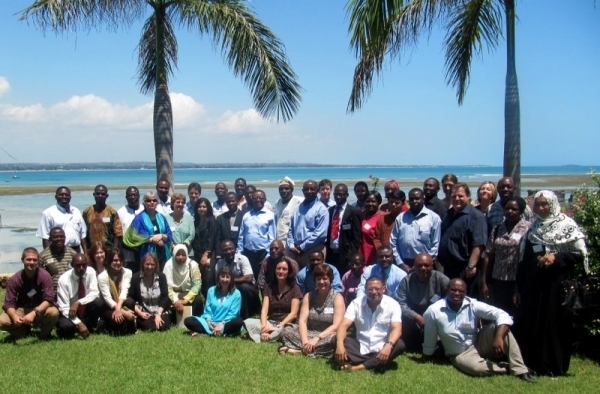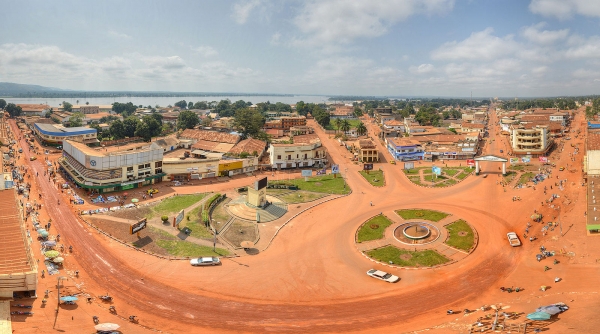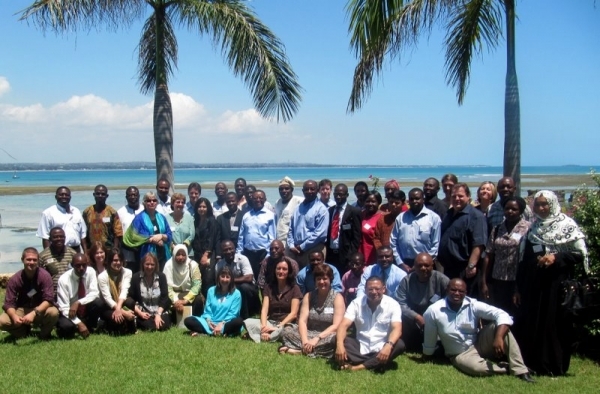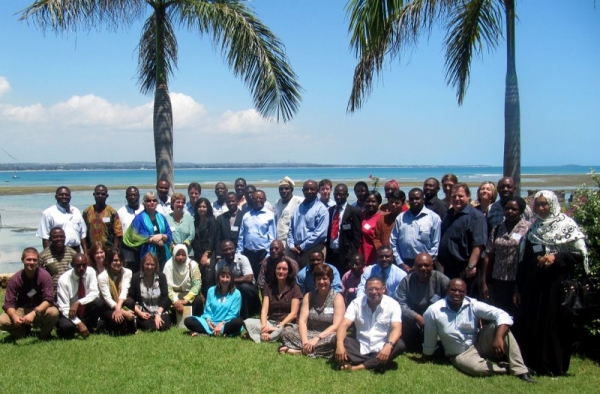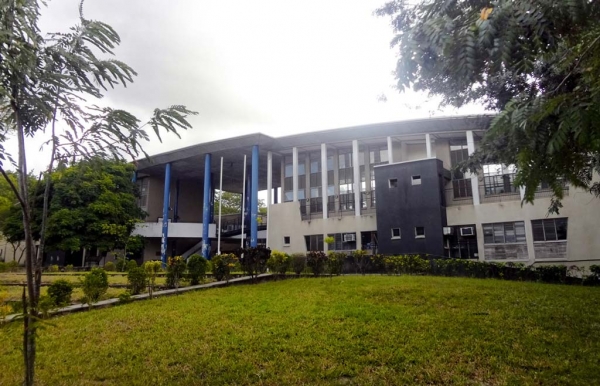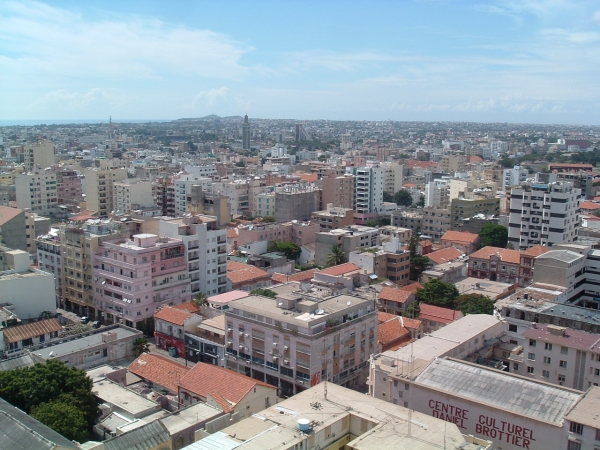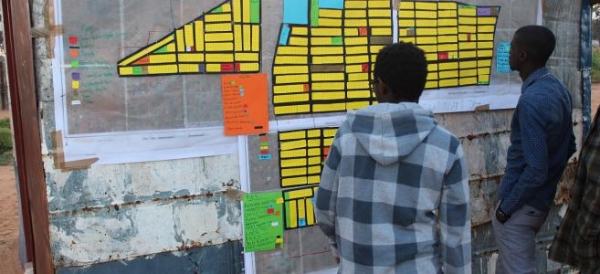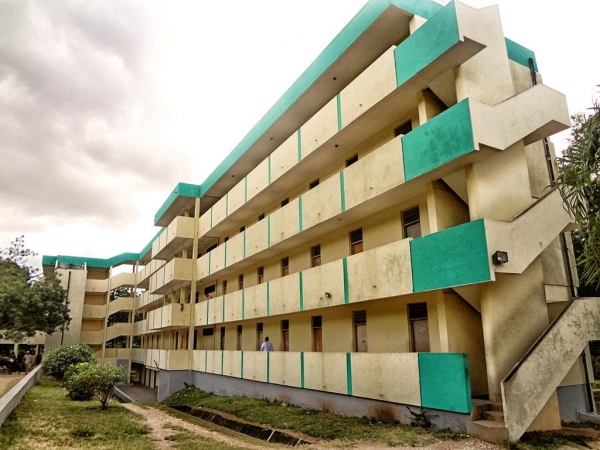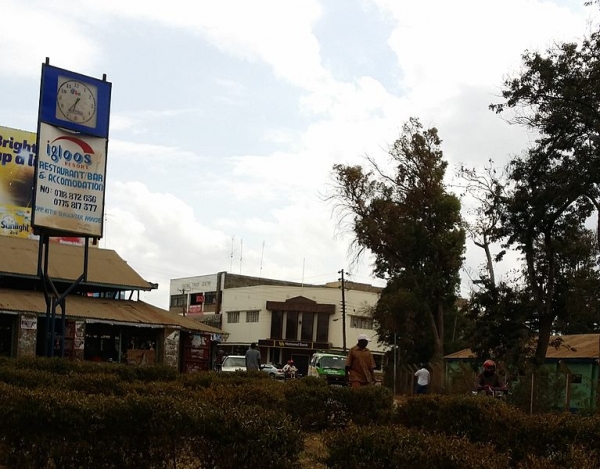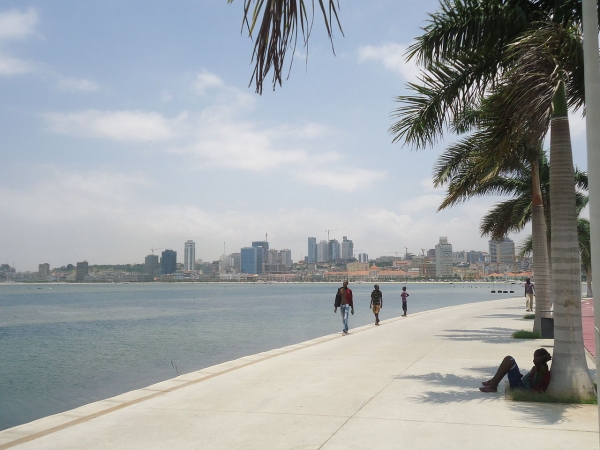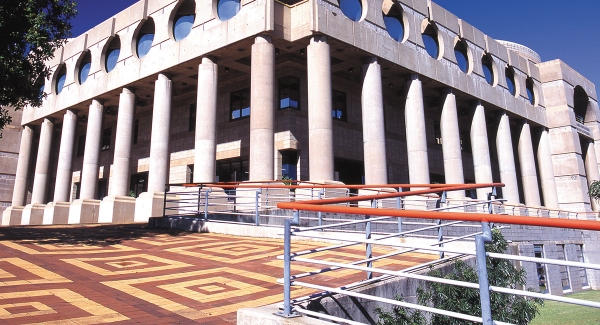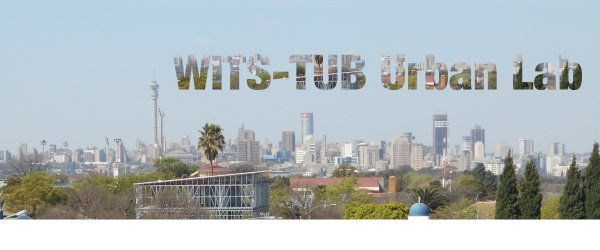We mourn the recent loss of a founding member of AAPS, Professor Vanessa Watson. Her friends and colleagues have posted these tributes to her remarkable career and influence.
On Wednesday 15 September 2021, the international planning community lost a formidable scholar and dedicated teacher. Vanessa’s prowess as urban thinker has been celebrated in many forums. Since her passing, we have received messages from possibly every continent on this planet. Her work is now a sizable and recognized part of the planning canon. We could spend many words testifying to Vanessa’s many contributions to academia, including her profound effects on the School of Architecture, Planning and Geomatics, and the African Centre for Cities at the University of Cape Town. However, it is her role as one of the pioneers of both the Association of African Planning Schools (AAPS) and the Global Planning Education Association Network (GPEAN) that we would like to reflect on here, since it is a legacy that is critically connected to the evolution of cooperation among planning schools.
Tumsifu Nnkya offers the following reflections:
The Association of African Planning Schools (AAPS) was initiated by Vanessa. Ten years ago, myself, the late Dr Kofi Diaw of Kumasi University and Professor Jorgen Andreasen of the Royal Danish Academy of Fine Arts were visiting the University of Cape Town, hosted by Vanessa. During our visit she informed us that the first ever World Planning Schools Congress (WPSC) was planned to take place in Shanghai in June 2001. With the exception of planning schools in Africa, all others around the globe would be represented. Africa would not be represented because whereas all other continents had associations of planning schools, Africa did not.
Vanessa and all of us were concerned that Africa did not have an association of planning schools and so would be missing in that first event of its kind. We all resolved to redress that situation by initiating an association of African planning schools, to start with, online. In the meantime, we tasked Vanessa to contact organizers of the WPSC to request African participation to inform the conference about our initiative to establish an association of African planning schools. Our request was swiftly accepted and Vanessa, Kofi and myself were invited to participate in the conference. Together we wrote a paper on planning education in Africa which was presented at the conference. For reasons beyond their control, Vanessa and Kofi could not travel to Shanghai. I therefore represented them at the conference sponsored by the Danish Agency for International Development (DANIDA). I presented the paper and the initiative of establishing an association of planning schools in Africa. The initiative was highly welcomed, though not yet an association, Africa was accorded equal opportunity to sign the Shanghai Planning Schools Statement.
Excited by the respect and honour accorded to Africa, Vanessa championed and worked tirelessly to ensure establishment of the association, to start with online, and with only 13 schools. Ten years later, the association has brought all planning schools together and undertaken several networking and educational activities. Vanessa is gone but her works like AAPS outlive her.
Wilbard Kombe, from Ardhi University in Tanzania, was one Vanessa’s fellow travelers in enabling the formation of the AAPS; his tribute is as follows:
Like many who have crossed paths with Vanessa, I am devastated primarily because Vanessa was an exceptional colleague. She always drew a smile which radiated and touched her audiences. She was a great and brilliant researcher, teacher, and mentor, through her devotion to research works on the planning theory and practice in the global south especially in Africa. She became the towering figure and role model for academics. As a founder of the Association of African Planning Schools, Vanessa’s legacy is profound in the region and beyond, is a lasting one; she was without equal.
Thank you and RIP Vanessa; you will be missed by the fraternity of planners worldwide.
Daniel Inkoom, from the Kwame Nkrumah University of Science and Technology, in Ghana, is a recent chairperson of the AAPS, and currently represents the network on GPEAN. Like Prof Kombe, Dan was there in the beginning of the network’s formation:
‘Do not try to be famous, discover who you are and live it’ was the quote that came to me in a moment as I woke up at dawn processing the passing of Professor Vanessa Watson. Vanessa, as I know her, epitomized great intellectual depth wrapped in humility that impacted many who came in touch with her.
I got to know Vanessa through work with the Association of African Planning Schools (AAPS) which she and others including Tumsifu Nnkya of Tanzania, and Kofi Diaw of Ghana, worked tirelessly to establish. Vanessa was one of, if not the most solid of the foundations of the AAPS. In the early days when we debated on the structure and form, as well as the path that the AAPS should chart, Vanessa was always there with her intellectual generosity, personal warmth, humility and humanity. When I informed her of my promotion to Professor she wrote:
Congratulations Dan! Can’t believe it took 3 years-that’s crazy! Hope there is back pay! But delighted it finally happened!
Such was Vanessa, very much interested in intellectual discourses as well as personal professional growth and development.
Her invaluable contributions have steered the AAPS to have her place among the global planning fraternity. Vanessa worked tirelessly to secure the initial funding from the Rockefeller Foundation that enabled us for the first time to hold an all-African Planning Schools Conference in Cape Town, South Africa. This initial meeting was like the match that started the fire for the revitalization of planning education in Africa. That fire continues to burn.
As ‘Friends of Vanessa’ we had been put on a WhatsApp platform to keep us abreast with Vanessa as her health unfortunately failed. One of the most beautiful messages we got from Nicolas as we sent her messages and images of love and support was:
Dear Friends, we have been scrolling through all the wonderful images you have been forwarding. They evoke peace and serenity. Vanessa says thank you all for the positive messages of care and support.
It is my turn to say ‘thank you’ for your legacy. Your influence will continue to be felt across the globe and particularly in African planning schools for many years to come. Rest in peace.
Nancy Odendaal, from the University of Cape Town in South Africa, former chair of GPEAN and current chairperson of AAPS, has the following reflections:
Perhaps one of the most profound losses I experienced when the coronavirus pandemic led to a lockdown of South African universities, was not being able to walk into my neighbour Vanessa Watson’s office, and spin an idea, express a flight of fancy, or just have a chat about our mutual projects. In the last twelve years, my work with the AAPS and with GPEAN has been a constant in my professional life, and a privilege given the colleagues I have collaborated with and the many countries I have travelled to. Throughout all of this, I carried a sensibility with me, a lens through which I examined and experienced cities, influenced profoundly by Vanessa. She’ll be remembered for her unwavering commitment to advocating for the urban poor, her courage in speaking to the institutional and political power that excluded those at the informal margins of the urban and perhaps most significantly, her willingness to lead a critical voice from the South. She has been a mentor, a teacher, a friend, and inspiration to all of us at the University of Cape Town (UCT), GPEAN and AAPS. Her leading role in shaping the beginnings of the AAPS, her leadership on GPEAN and of course her influence in planning theory circles internationally, are well recognized. However, I believe we are yet unaware of the remarkable and extensive reach of her academic legacy. It is too early to comprehend how it will continue to shape how we think of, and experience African urban spaces. For now, we shall spend the time grieving for our remarkable friend, and how much we shall miss her as part of our extended international GPEAN family.
Bruce Stiftel of Georgia Institute of Technology, USA:
I met Vanessa Watson in Volos, Greece, at the organizational meeting of GPEAN in conjunction with the Association of European Schools of Planning (AESOP) congress in 2002. That first meeting bathed in the good will of representatives of nine planning school associations wanting to form a global network, but the associations were very different in size, budget, organizational form, and of course, regional culture. There were many differences of views on the form GPEAN should take. Vanessa was critical to finding a path that all nine associations could agree on; she knew the global context with its regional differences quite well, and she had the trust of everyone. We left Volos with a framework that was based on consensus decision making and an agenda that served all the associations.
Ten months later, GPEAN met in Belo Horizonte, Brazil, in conjunction with the meeting of the Associação Nacional de Pós-graduação e Pesquisa em Planejamento Urbano e Regional (ANPUR). The agenda called for proposal of a GPEAN charter and bylaws, developing the call for proposals for the 2nd World Planning Schools Congress, stabilization of a GPEAN website, and possible start up of a new global best papers book series. It is difficult to convey how critical Vanessa was to finding workable ways beyond the differing views of these issues. She was experienced with the older and better-resourced associations, while having worked first hand with several of the younger and less formal associations, and of course she was understood by everyone as having a keen understanding of the limits of mainstream (western/northern) planning scholarship in eastern/southern applications. When stalemates were reached, Vanessa’s informed and trusted suggestions usually were adopted. We left Belo with a proposed charter that was subsequently approved by all nine associations, with bylaws approved, and with Vanessa elected as GPEAN’s chair and appointed as co-editor of the first volume of Dialogues in Urban and Regional Planning, to be published by Routledge.
Vanessa served GPEAN another six years, through the second WPSC in Mexico City and the first three volumes of Dialogues. During those years, Vanessa was involved with every key decision of the network. In so many ways, the eleven-member GPEAN today is the child of Vanessa’s vision and the keystone to the global Planning Schools Movement. As Vanessa and I said in 2005:
The various corps of planning scholars are as different in outlook and resources as the cultures they represent. Centuries of colonial history leave no shortage of concerns about exportation of hegemonic views. But, the early experience of GPEAN cooperation suggests that these fears need not dominate our interactions. The spirit of GPEAN’s development has been one of cooperation and sensitivity. We have moved slowly in recognition of the need to respect different views, different decision cultures, and different resources of the various associations. We have undertaken only that which is in harmony with the needs of all the associations. We have consciously adopted principles of exchange. These first steps position us as colleagues joined together to explore a common future.
